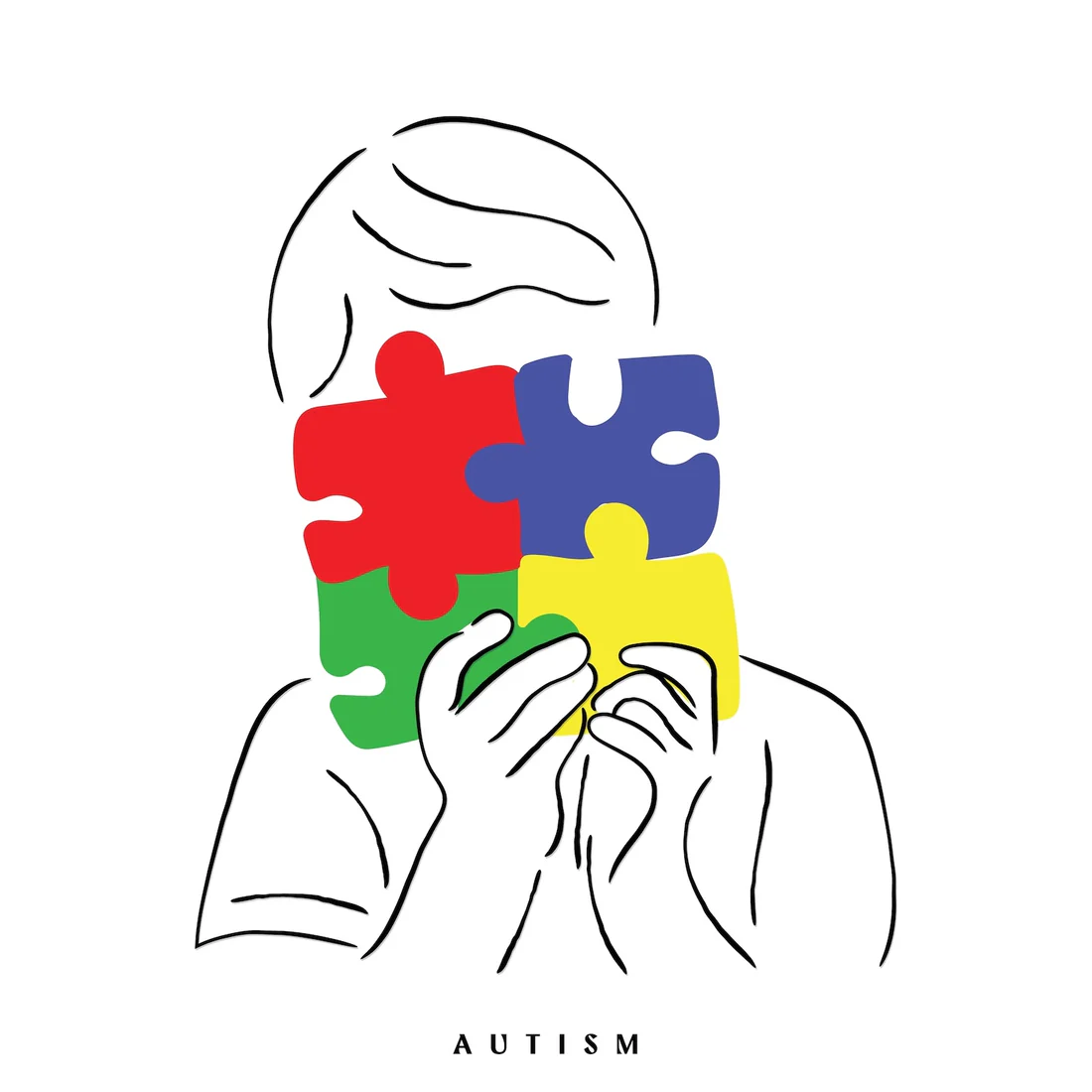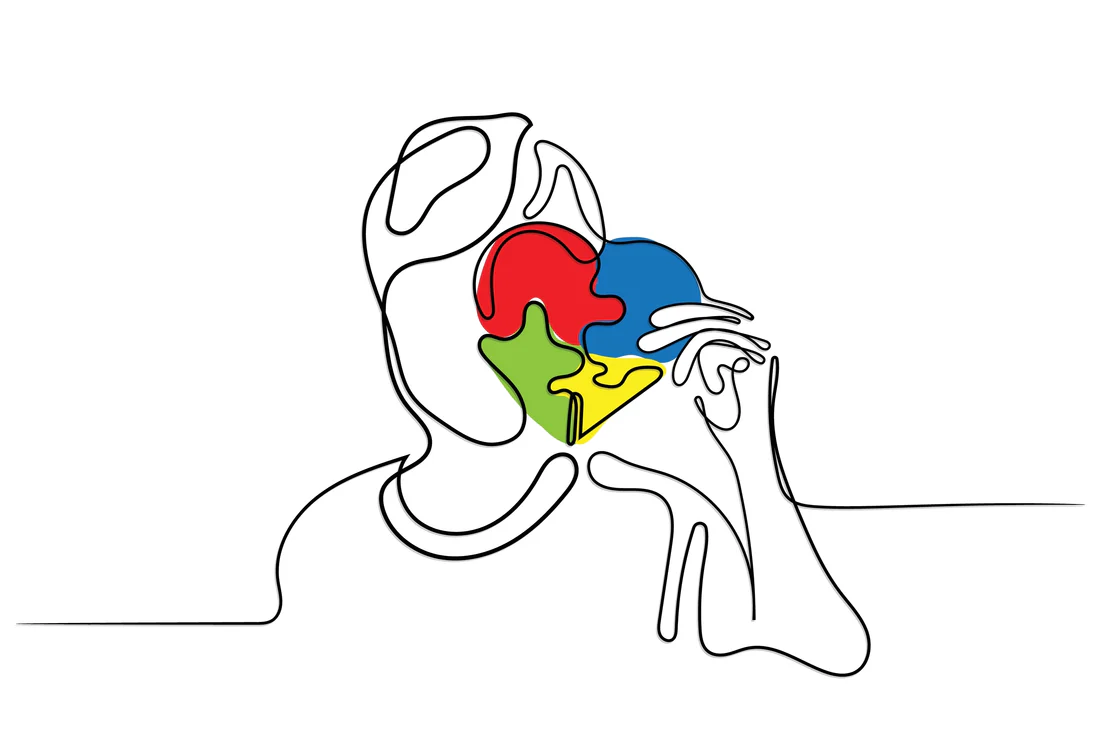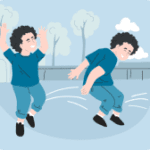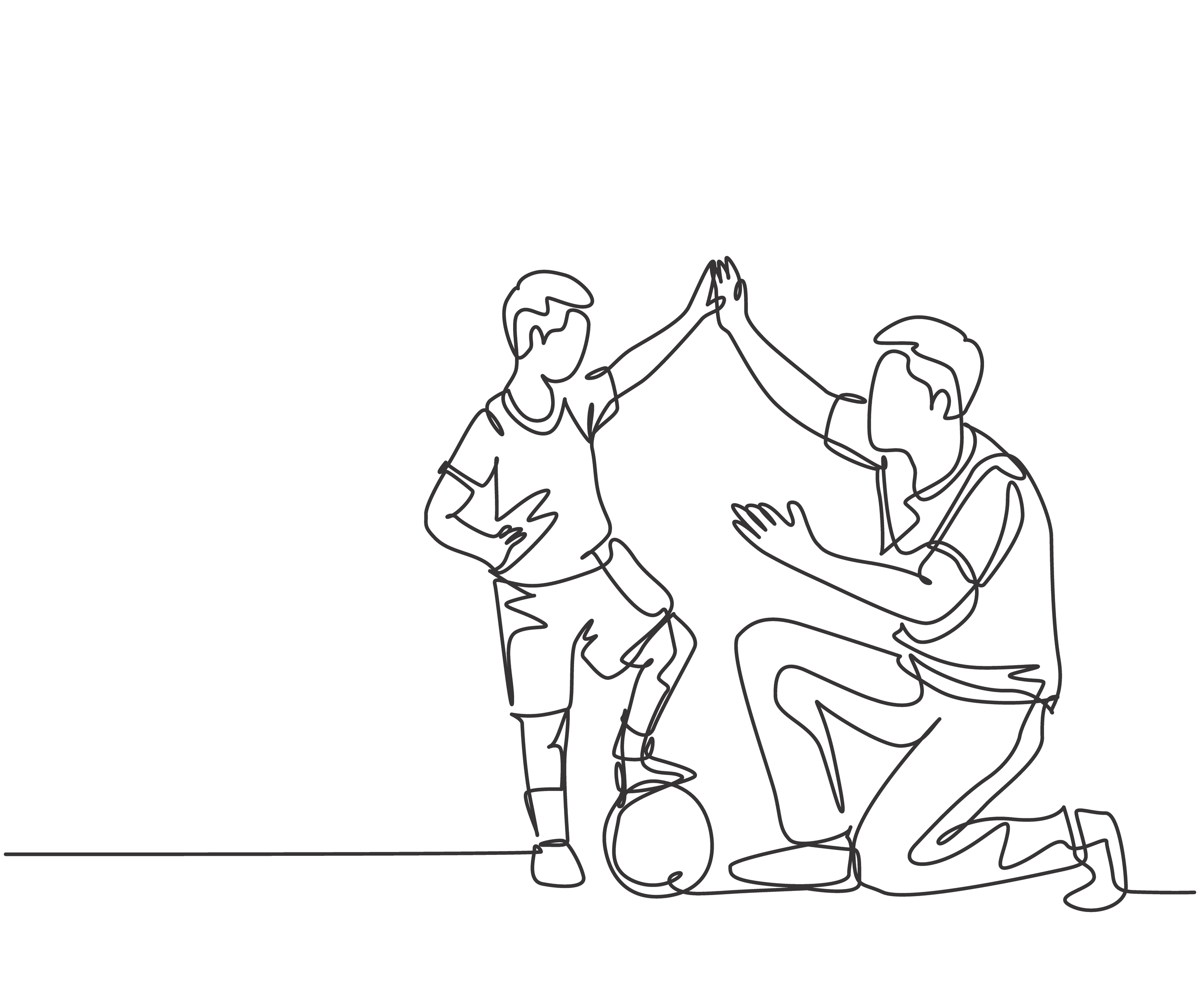DrSensory Featured Occupational Therapist Database
Are you looking for an occupational therapist to speak to? Look no further than our DrSensory Database! Our website is dedicated to providing parents, caregivers, and individuals with resources and information related to sensory processing disorders and other neurological conditions.
Filter by Location
No therapists found!

Who can benefit from occupational therapy telehealth?
Occupational therapy (OT) telehealth provides significant support to a diverse range of individuals seeking assistance in daily living activities and adapting to their environments. Children with developmental delays can receive personalized interventions that foster their growth and skill development from the comfort of their homes. Adults facing physical or cognitive challenges, such as those recovering from injuries or managing chronic conditions, can benefit from tailored strategies that enhance their independence and improve their quality of life. Additionally, seniors can access OT services remotely, allowing them to engage in meaningful activities while receiving guidance on maintaining their safety and functionality at home. Families of individuals with disabilities also find support through OT telehealth, as therapists can offer advice and strategies that promote effective caregiving and enhance family dynamics. Overall, OT telehealth expands access to essential occupational therapy services, allowing individuals to achieve their goals and improve their overall well-being.
Frequently Asked Questions
What ages can occupational therapists consult?
Occupational therapists are equipped to work with individuals across the lifespan, from infants to seniors. They play a crucial role in helping children develop the necessary skills for daily activities, such as fine motor skills, self-care, and social interactions. For infants and toddlers, occupational therapy can address delays in developmental milestones, sensory processing issues, and support for various medical conditions. As children grow, occupational therapists focus on enhancing their abilities to participate in school and play activities. In adults, therapy often emphasizes rehabilitation after injuries, managing chronic illnesses, and enabling participation in work or leisure activities. For the elderly, occupational therapists help maintain independence and improve quality of life through the adaptation of daily routines and environments. This broad scope ensures that individuals of all ages can benefit from tailored occupational therapy interventions that meet their specific needs and challenges.
Is occupational therapy covered by insurance?
Insurance coverage for occupational therapy varies widely depending on the insurance provider, policy type, and the specific needs of the individual. Many health insurance plans, including those available through Medicare and Medicaid, typically provide coverage for occupational therapy when it is considered medically necessary. This often includes treatment plans for conditions related to developmental delays, injuries, or disabilities that affect daily living skills. However, coverage specifics can involve various conditions, such as prior authorization requirements, limits on the number of sessions, and the need for a physician’s referral or a documented treatment plan. Therefore, it is essential for patients and their families to meticulously review their insurance policies and consult with their providers to understand the details of their coverage and any potential out-of-pocket costs that may arise from occupational therapy services.
Can Therapists Diagnose my child with SPD or Autism?
Therapists, particularly those with specialized training in child development and assessment, can play a significant role in identifying Sensory Processing Disorder (SPD) and autism spectrum disorders (ASD). While they may not provide formal medical diagnoses, they can conduct comprehensive evaluations and assessments to identify signs and symptoms associated with these conditions. Through direct observation, caregiver interviews, and standardized assessments, therapists can determine whether a child exhibits behaviors consistent with SPD or ASD. If necessary, they can then refer the child to a qualified healthcare professional, such as a pediatrician or psychologist, for a formal diagnosis. Early identification is crucial, as it allows for timely intervention, which can greatly improve outcomes for children facing these challenges.
Are you an Occupational Therapist looking to be listed in our DrSensory Database?
Join our network of therapists who are working with our community of parents, educators and children with various diagnoses.








































 Speech Therapy
Speech Therapy Physical Therapy
Physical Therapy Occupational Therapy
Occupational Therapy


